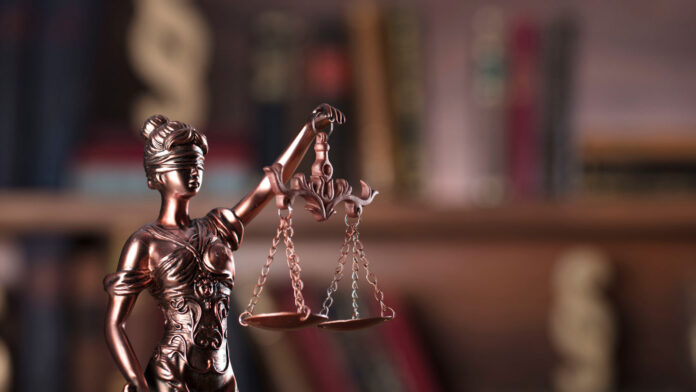
In the heart of every just legal system beats the unwavering commitment to ensure that every individual, regardless of their circumstances, is afforded the fundamental right to a fair trial.
This cornerstone of justice, enshrined in legal systems around the world, is a testament to the belief that every accused person deserves their day in court, a fair chance to present their case, and protection against arbitrary or biased judgments.
Hillsboro Criminal Defense Lawyer is dedicated to defending all clients’ rights and providing them with the best possible defense.
In this article, we’ll look at several key components of criminal defense and the various protections that are available to ensure due process.
The Essence of a Fair Trial
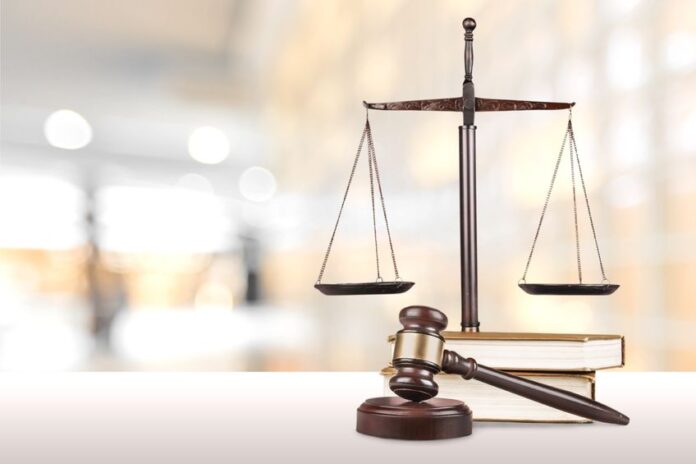
At its core, the right to a fair trial embodies the essence of justice itself – an impartial and transparent process that ensures every individual’s rights are upheld, regardless of the nature of the allegations against them.
It is a guarantee that no one will be subjected to unjust or unfair treatment and that the outcome of their case will be determined based on evidence and legal principles rather than prejudice or bias.
There are a lot of cases where a fair trial is necessary. It is especially important for cases that involve severe criminal charges and can result in a deprivation of liberty, such as homicide or major drug-related offenses.
In such cases, the government bears an even greater burden to guarantee that due process has been observed throughout the entire proceedings.
A Universal Human Right
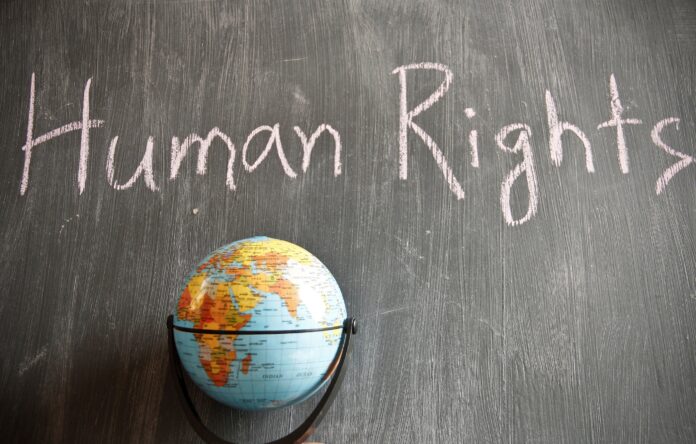
The right to a fair trial is not merely a legal principle; it is a universal human right recognized by international and regional human rights instruments.
Enshrined in documents such as the Universal Declaration of Human Rights and the International Covenant on Civil and Political Rights, this right underscores the significance of due process in protecting individuals from the abuse of state power and ensuring the integrity of legal proceedings.
Most people assume that all countries guarantee their citizens the right to a fair trial, but unfortunately, this is not always the case. In some countries, there are significant limitations on access to justice or the ability to defend oneself in court.
The challenge then lies in finding ways to ensure equal access to justice for all people, irrespective of their background and circumstances.
Components of a Fair Trial
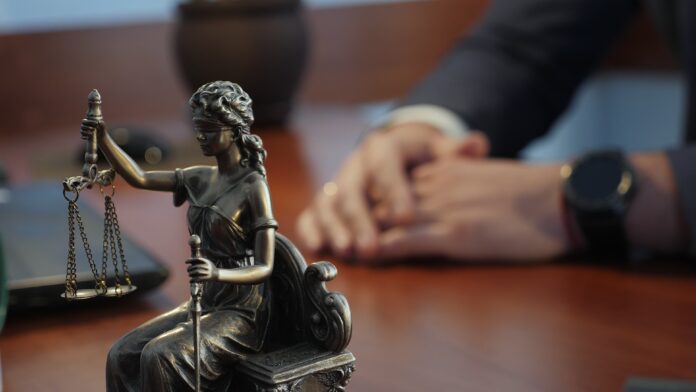
A fair trial is a multifaceted concept that encompasses several fundamental components. At its foundation lies the presumption of innocence – the principle that every accused person is presumed innocent until proven guilty.
This presumption places the burden of proof squarely on the prosecution, emphasizing the necessity of presenting compelling evidence to establish guilt beyond a reasonable doubt.
Additionally, the right to a fair trial encompasses the right to a competent defense, meaning that an accused person has access to legal counsel of their choice and enjoys sufficient time and resources to mount a proper defense.
This is an essential component of due process, as it ensures that everyone accused of criminal activity – regardless of their financial means – has the opportunity to present their case in court.
The Role of Criminal Defense Lawyers

The right to a fair trial would be incomplete without the active participation of competent legal representation.
Criminal defense lawyers play a pivotal role in upholding this right by advocating for their clients, challenging evidence, cross-examining witnesses, and ensuring that the accused’s rights are protected at every stage of the legal process.
Here are some of the ways criminal defense lawyers contribute to due process:
- Challenge unlawful searches and seizures
- Advocate for a dismissal or reduction of charges
- Negotiate plea bargains with prosecutors
- Present mitigating evidence to reduce penalties for their clients
- Launch appeals against wrongful convictions
In essence, criminal defense lawyers are essential in providing the accused with a level playing field and ensuring that their rights are not violated throughout the duration of legal proceedings.
Due Process and Procedural Safeguards
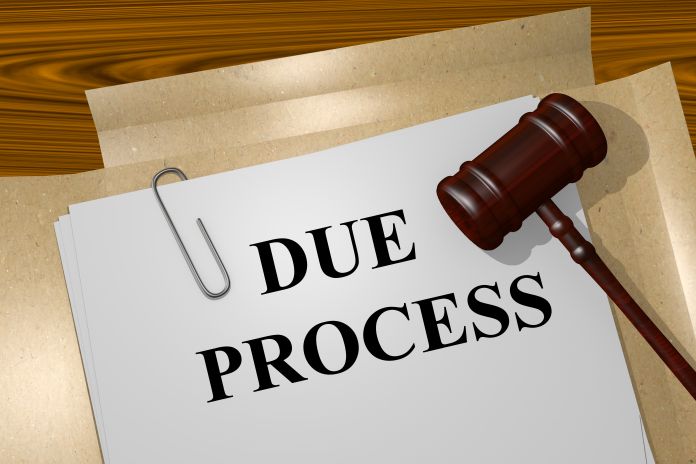
A fair trial extends beyond the courtroom, encompassing various procedural safeguards that protect the accused’s rights.
These safeguards include timely access to legal counsel, the right to remain silent, the privilege against self-incrimination, and protection against double jeopardy – the principle that a person cannot be tried for the same offense twice.
Moreover, due process is further strengthened by the right to appeal. This allows a person to challenge their conviction in a higher court and seek justice if they believe that their rights were violated during their trial.
Challenges and Contemporary Concerns
In an era of rapid technological advancement and globalization, ensuring a fair trial faces new challenges. Issues such as digital evidence, surveillance, and the potential influence of media and public opinion require innovative approaches to preserve the integrity of legal proceedings.
It is also important to recognize that in many parts of the world, access to justice is not equal. This can be attributed to economic and political factors, such as the lack of available legal resources or government interference with judicial proceedings.
Balancing Freedom and Security

One delicate balance that the right to a fair trial navigates is the tension between an individual’s right to freedom and the state’s interest in maintaining security. Pretrial detention, while a necessary tool in some cases, must be carefully regulated to prevent indefinite or arbitrary deprivation of liberty.
The right to a fair trial helps ensure that individuals are not detained or punished without due process of law. It also contributes to the larger objective of upholding the rule of law and protecting human rights, thus helping create an environment where citizens can exercise their freedom and live with confidence in their safety and security.
In Conclusion
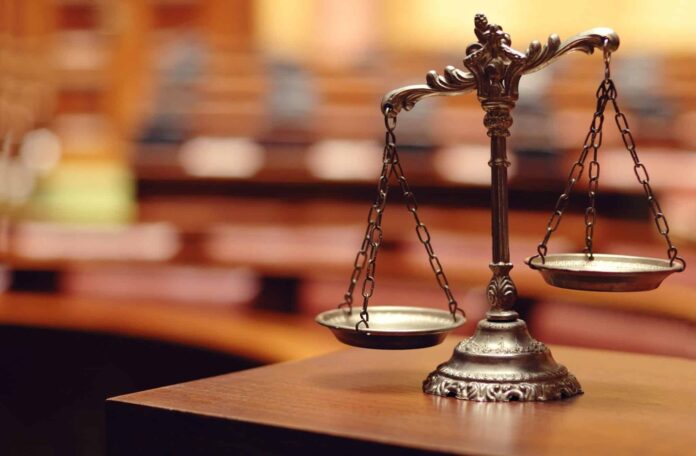
The right to a fair trial stands as a beacon of hope for individuals entangled in the criminal justice system. It upholds the principle that justice is blind, that everyone is equal before the law, and that the dignity and rights of the accused are inviolable.
In championing due process, we not only safeguard the rights of individuals but also contribute to the vitality of a just and equitable society.
As we navigate the complexities of criminal defense, the right to a fair trial remains an enduring testament to the power of justice and the resilience of human rights.
It is a reminder that even in the face of adversity, the scales of justice remain balanced, and the pursuit of truth prevails. In upholding the right to a fair trial, we honor the values that define us as societies committed to the principles of fairness, equality, and the pursuit of justice for all.
Discover valuable information about expert guidance and support in navigating family legal matters in Rosebery.
This post was originally published on this site be sure to check out more of their content.








